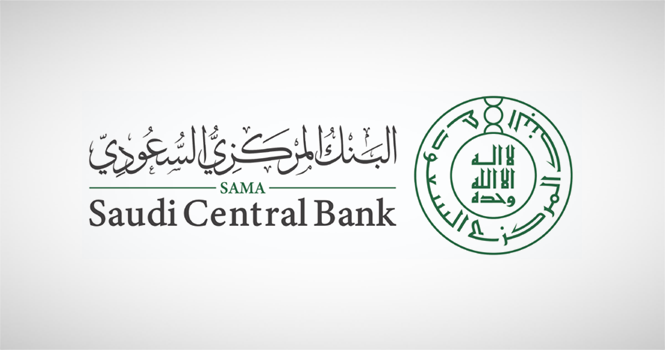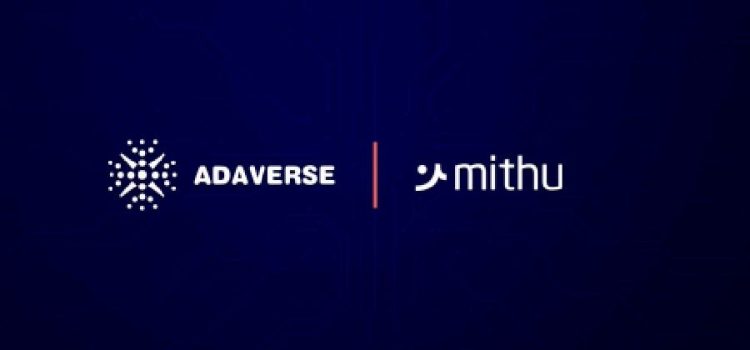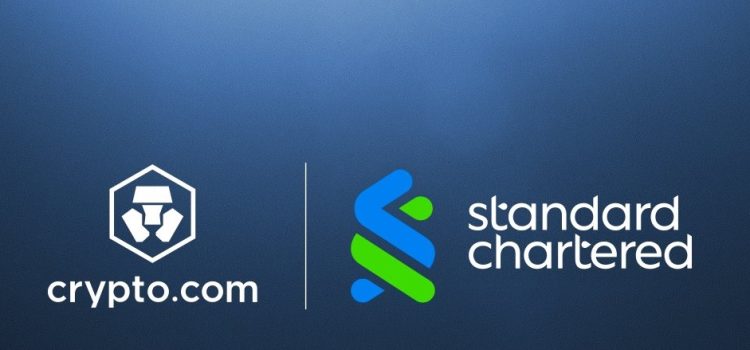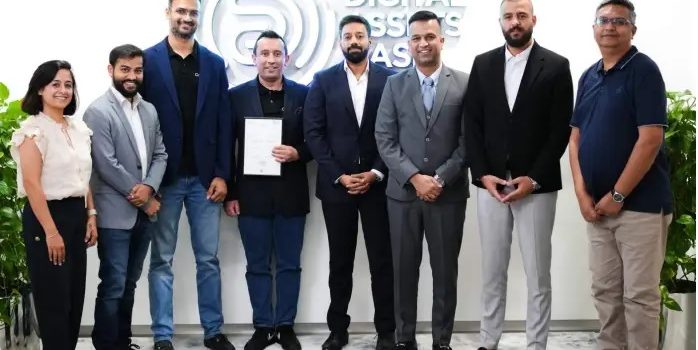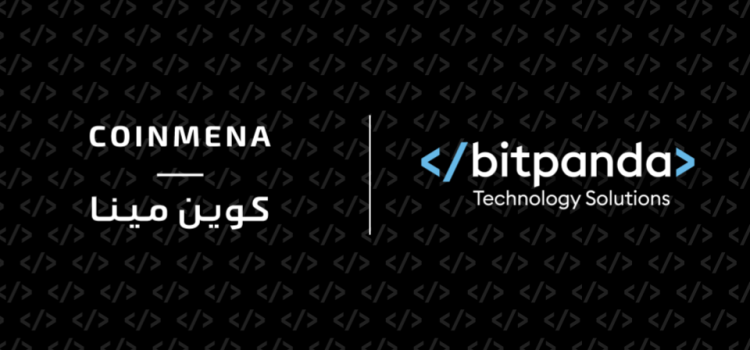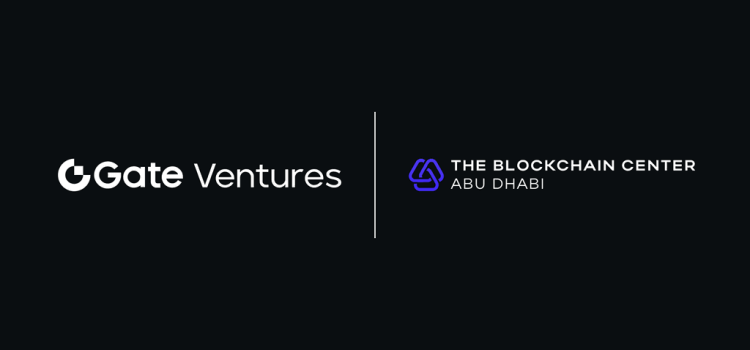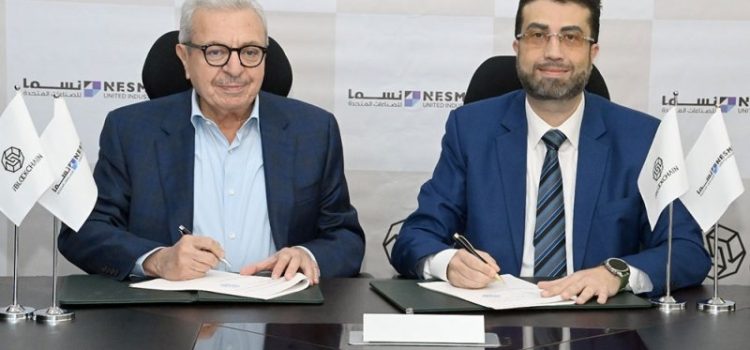
UK tech company, Blockchain Sports Ecosystem, signed a Memorandum of Understanding (MoU) with Saudi Arabian Alpha Jossor Investments to explore the development of one of the MENA’s biggest innovative sports complex using advanced hi-tech solutions and attraction of direct investments into the sports and entertainment industries, with a cumulative value of $3.3 billion. The top football stars Kevin Kuranyi, Jay-Jay Okocha, Mikael Silvestre, and Jens Lehmann were present at the signing ceremony in Riyadh, KSA, to endorse the strategic partnership.
The complex in Saudi Arabia will include an advanced football academy featuring the latest integrated training solutions, along with real estate development aligned with the concept of a smart sports city. The creation of new real estate facilities will contribute to the development of tourism and the attractiveness of foreign investment in the region in preparation for global sports events. The representatives of Blockchain Sports Ecosystem across three continents, along with the private sector representatives, will participate in implementing this massive project.
“I believe the partnership marks a significant milestone and is beneficial for the whole MENA region. The Middle East has proved its ability to bring innovative projects of enormous scale to life. With the advanced technologies Blockchain Sports Ecosystem has developed, the upcoming project will set a new standard for the global sports community. We hope our mutual efforts will make the region prominent in the world’s sports arena”, – Dmitry Saksonov, Founder of Blockchain Sports Ecosystem.
Alpha Jossor Investments has expressed its readiness to invest in the private sector and actively contribute to implementing the plan at all the subsequent stages.
The MoU also involves the real estate aspect. It includes the launch of a digital real estate platform facilitating buying, selling, and management of properties within the digital domain. It will include additional private developments around the football academy, with investments estimated at $1.6 billion, including 1,500 villas and approximately 3,330 apartments, which will be built under the smart city concept to promote sustainable and eco-friendly urban living.
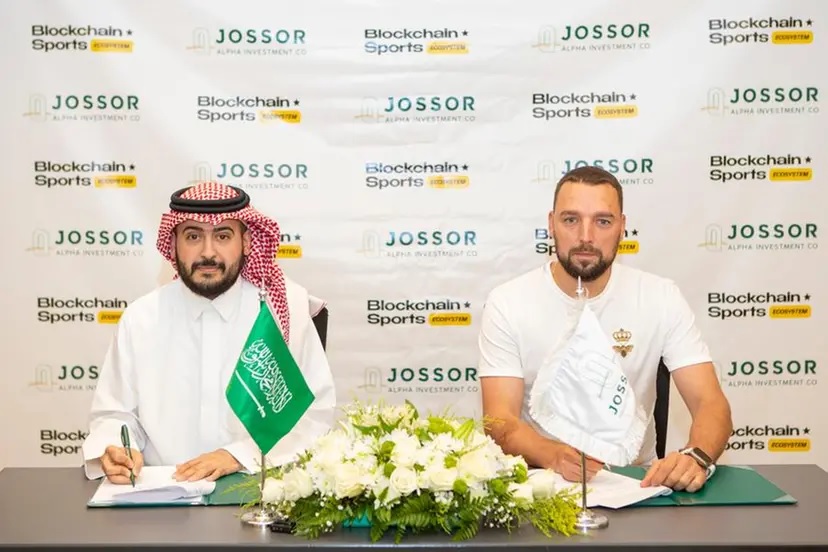
“Alpha Jossor Investments is dedicated to bridging global expertise and local private investor landscape through high-impact investments. Our partnership with Blockchain Sports Ecosystem is a strong step towards creating an innovative sports hub in Saudi Arabia, aligning with our vision for sustainable growth,” – Faisal Janahi, CEO of Alpha Jossor Investments.
With a team of 1200+ tech and sports experts and offices in 8 countries across 3 continents, Blockchain Sports Ecosystem is the first international ecosystem building the future of sports by combining the advanced performance tracking, AI, XR, and blockchain technologies. The Blockchain Sports Football project is part of the ecosystem.
Over 50 football top players have endorsed Blockchain Sports Ecosystem activities. The renowned players Romario, Zico, Edmilson, Marco Materazzi, Ze Roberto, and Kevin Kuranyi are among the company’s ambassadors. Additionally, Wesley Sneijder, David Trezeguet, Essam El Hadary, William Gallas, Diego Lugano, Maicon, and many others are partners of the Blockchain Sports Ecosystem. The project will leverage their vast football experience and status to create the sports cluster of the highest international level. On the top of that, the Photochain project was developed to capture video memories of the football stars telling about their professional journeys. The interviews will help to gain insights and serve as the foundation for the design of the upcoming cutting-edge sports facility in Saudi Arabia.
An important part of the MoU is the digital ID Platform that will be created for athlete identities, allowing secure and transparent transactions within the sports industry. The partner academies from over 16 countries around the world will be connected to the platform to collect analytics and identify the best football players who will be given a chance to study at a high-quality academy in Saudi Arabia. The platform will be the first solution for storing data on athletes and will launch the global process of scouting players across the world. The integration solutions using blockchain technology will optimize the processes and data storage security.










